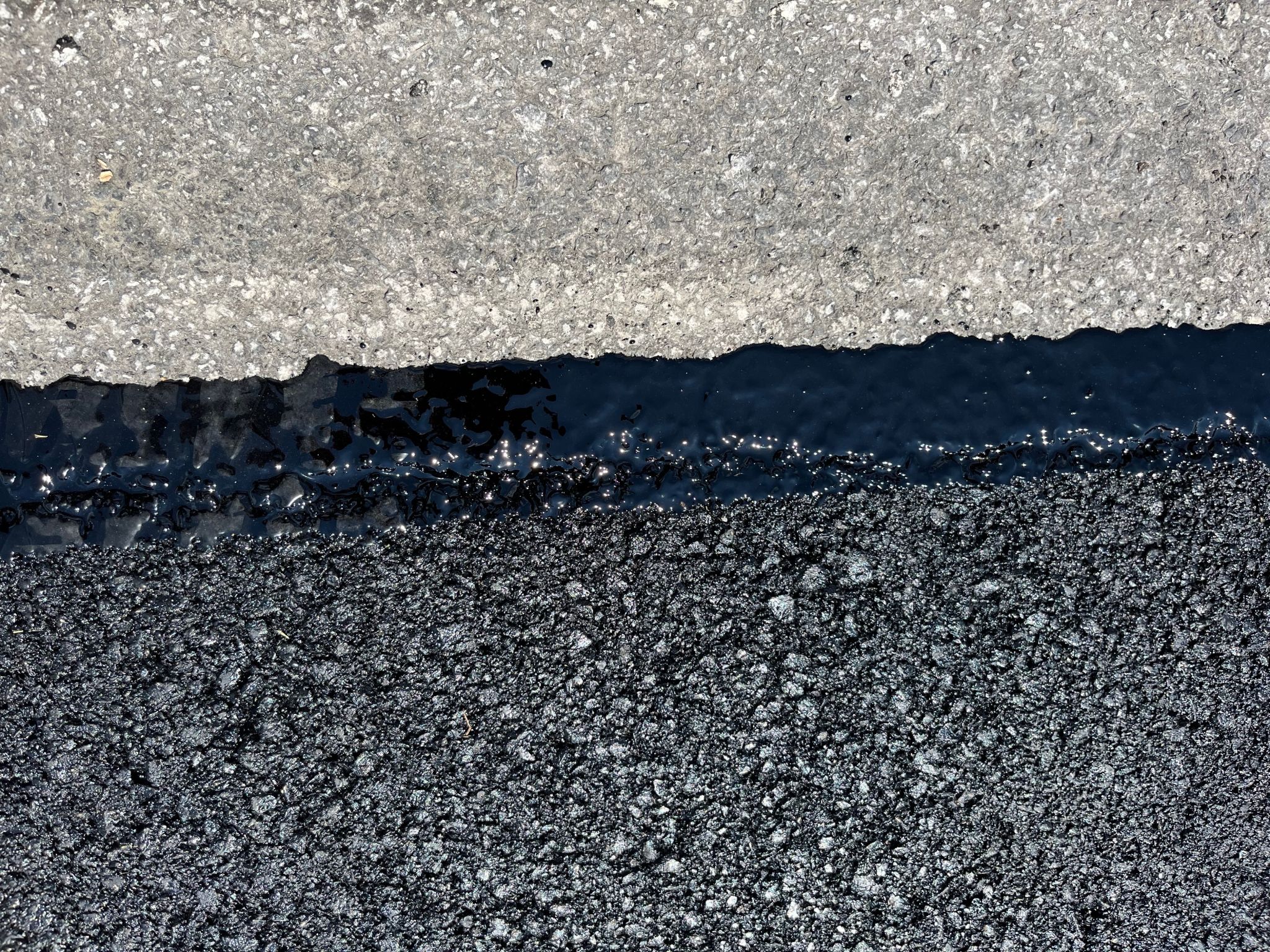Comparing Concrete vs. Asphalt: Which is Best for Your Silt Home?
Introduction to Driveway Materials
When planning to build or renovate a driveway for your Silt home, choosing the right material is crucial. The two most popular options are concrete and asphalt. Each material has its own set of advantages and disadvantages, making it important to weigh them carefully before making a decision.

Durability and Longevity
Concrete is known for its durability and long lifespan, often lasting 30 years or more with proper maintenance. It can withstand heavy loads and is less susceptible to damage from the elements compared to asphalt. On the other hand, asphalt driveways typically last around 20 years but may require more frequent repairs and maintenance.
Maintenance Needs
The maintenance requirements for both materials vary significantly. Asphalt driveways need to be resealed every few years to maintain their integrity, while concrete generally requires less frequent attention. However, concrete can be susceptible to cracking in colder climates if not properly installed.

Cost Considerations
Initial costs are another important factor to consider. Asphalt is generally less expensive to install than concrete, making it a popular choice for homeowners on a budget. However, the long-term maintenance costs for asphalt can add up over time, potentially offsetting the initial savings.
Aesthetic Appeal
When it comes to aesthetics, concrete offers more versatility. It can be stamped, stained, or colored to match the architectural style of your home. Asphalt, while limited in design options, provides a sleek and uniform black appearance that some homeowners prefer.

Climate and Weather Impact
The climate in Silt can also influence your choice. Concrete is better suited for warmer climates as it does not soften in the heat like asphalt does. Conversely, asphalt performs well in colder environments as it can flex and adapt to freeze-thaw cycles without cracking.
Environmental Considerations
Environmentally conscious homeowners may prefer concrete due to its lower carbon footprint. Asphalt production is energy-intensive and involves petroleum-based products, whereas concrete is made from more abundant natural materials.
- Concrete: Long-lasting, low maintenance, higher initial cost.
- Asphalt: Less expensive upfront, more maintenance, shorter lifespan.
Conclusion: Making the Right Choice
Your decision between concrete and asphalt should be based on factors like budget, climate, and personal preference. Both materials have their own merits and drawbacks, so carefully consider what aspects are most important to you before proceeding with your project. Consulting with a professional contractor can also provide valuable insights tailored to your specific needs.